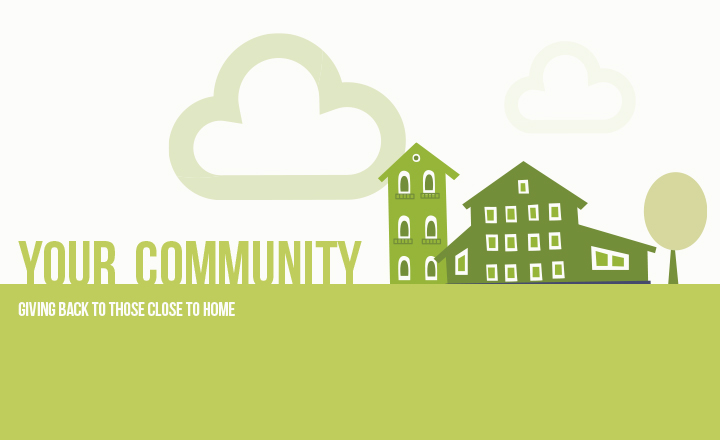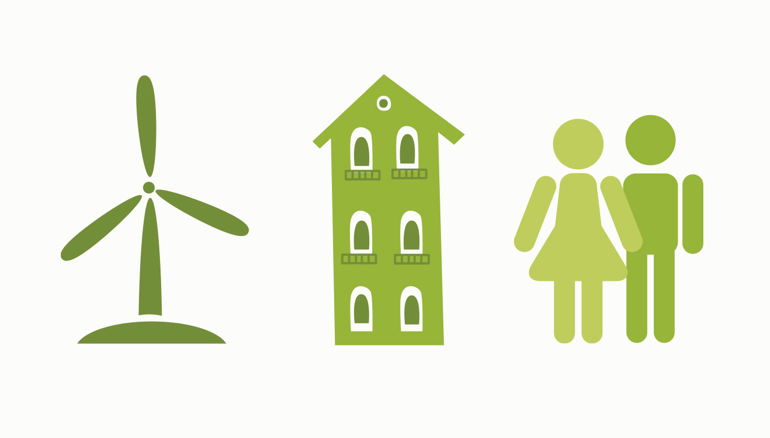What is CSR and how is it relevant to hospitality?
What is CSR?
Corporate social responsibility (CSR) is all about businesses being conscious of the impact they’re having on all aspects of society. It looks at how responsible and ethical you are to the environment, your community and people (be that your team or suppliers). It’s a term often used by large organisations but it’s actually super relevant to small independents too.
From recycling to looking after your team, donating meals to using less plastic, these are all part of CSR. Having strong policies could make you more attractive to the best employees, encourage customers to visit (and come back) and even lead to more profit through new cost-saving, sustainable measures.
“Did you know that 55% would pay more for products and services from companies that are committed to positive social and environmental impact?”
Improving your CSR doesn’t need to be daunting. It’s likely you’re actually doing lots of CSR ‘things’ already without realising it. So, the steps probably don’t have to be huge or immediate. There are small changes you can make that will have a lasting impact.
This article marks the start of a series where we’ll be looking at many different elements of CSR and how you can make simple, positive changes in your business. The three areas to consider are environment, people and community:
Environment
It’s a topic that has massively come into the spotlight in the past five years with everyone, from huge corporations to hospitality owners and customers, looking at how they can reduce their impact on our planet. For businesses, cost can sometimes be a barrier to becoming more sustainable, but long-term it can often work out to be more profitable. There are many ways you can become more sustainable, here are just some: recycling, plastic use, choosing more sustainable ingredients from ethical suppliers, reducing food waste and using green energy.

“18% of food purchased by the UK hospitality and foodservice sector is being thrown away. 56% of packaging and other non-food waste that is thrown away in hospitality could have been recycled”
People
Good people are key to running a successful business, be that your staff or the suppliers and contractors you deal with. Employee retention and skill shortages are big problems in the industry, especially with Brexit. There’s never been a more important time to think about how you can support and keep the best team members. You can do this by looking at training (are there any on-the-job opportunities or free courses they can do?), improving your employee benefits and putting together a plan to support their wellbeing.

“63% of hospitality workers said they’d be less likely to leave their job if the benefits and pay were better”
Community
The Covid-19 pandemic has shown us all the importance of community and shopping at local businesses. Many of you have already been supporting your local areas through meal donations to food banks, vulnerable families and shielders, and volunteering your time. By playing a central part in your community, you’re not just helping others, but also gaining a great reputation for being an ethical and worthwhile business. Although this isn’t the motivation, it can lead to you generating more footfall through goodwill.

“Fareshare gave 46.5m meals to vulnerable people, using surplus food from the industry”
How to get started
Choose a green ambassador or champion in your business. It can be their job to dedicate a bit of time each week or month to looking at how you can become more sustainable. Consider giving the responsibility to a younger member of staff as many in this generation are more eco-conscious and it will give them good experience.
Next up in our CSR series – how to reduce your plastic use and recycle better


